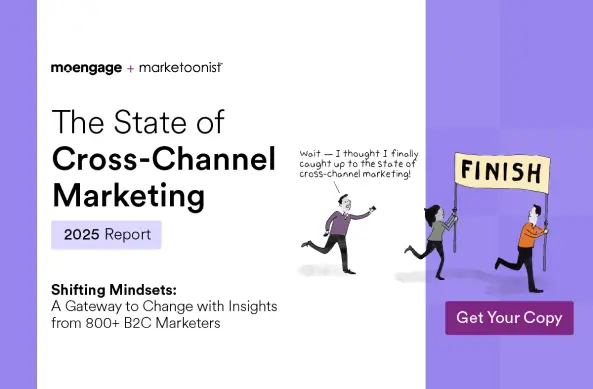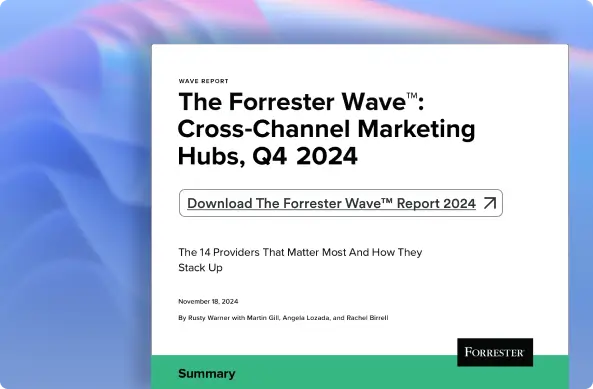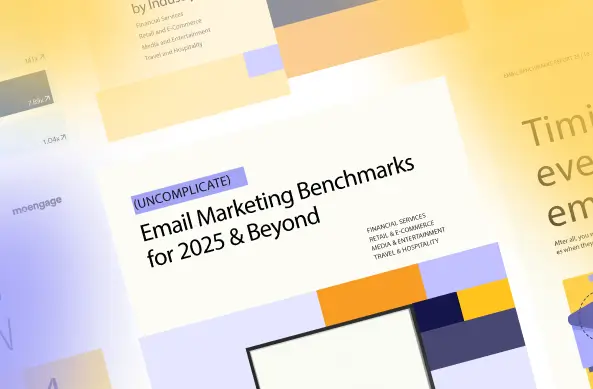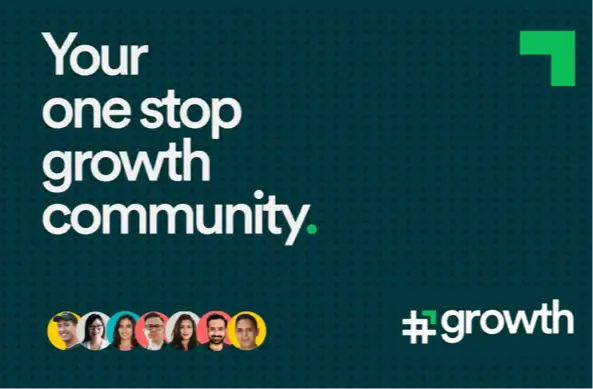AI in Marketing: 3 Ways to Improve Marketing Campaign Performance
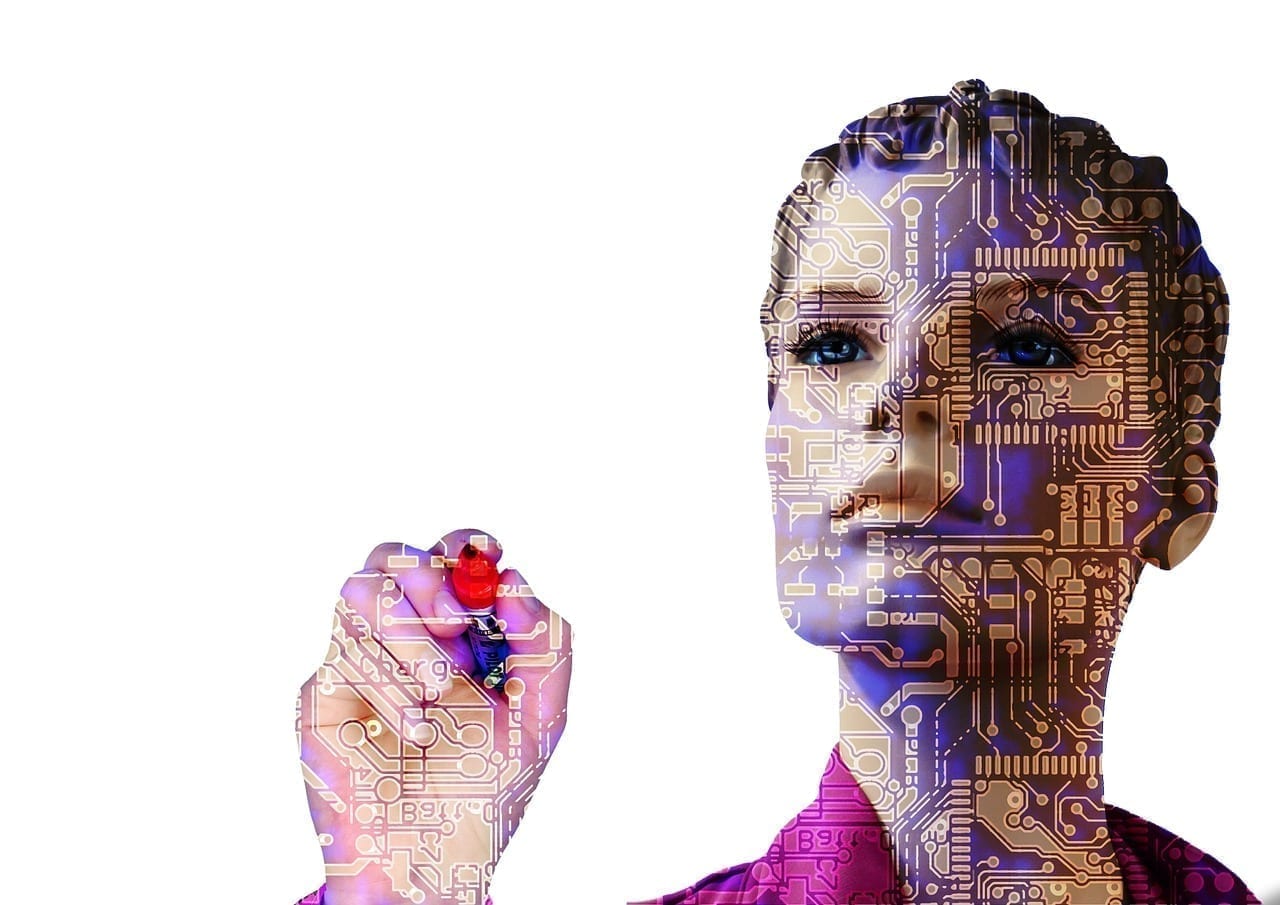
Reading Time: 4 minutes
Marketing has changed tremendously over the past few decades. What started as a discipline to provide growth and speed to businesses has evolved into a science. A science where technology and business dynamics share the dais. Though marketing still relies on market positioning and strategy, the focus is gradually shifting towards the use of technology. Today, AI in marketing is used by marketers to automate processes and deliver a unique brand experience to customers.
The 2017-18 Gartner CMO Spend Survey points out two critical findings,
- Almost half of the marketing spends, i.e., 53%, is invested in labor costs and services.
- One-fourth of the CMOs are keen on dedicating 10% of their annual marketing budget for innovation.
These findings suggest that CMOs are considering AI-driven marketing automation for their company. The idea is simple, lower labor cost and embrace AI-enabled MarTech for increased ROI.
| Bonus Content
👉 Alodokter Witnesses 45% Uplift in Engagement using AI-based Campaign Optimization [Download Case Study] |
What Exactly Can AI Do in Marketing? Almost Everything.
Right from identifying prospects (GDPR alert!), onboarding customers (omnipresent chatbots), engaging users (trigger notifications), and decision-making (Real-time AB testing), AI is everywhere.
Bonus Tip: Take a look at Pros and Cons of AI Chatbots
Two-thirds of CMOs are optimistic about Digital Advertising, suggesting a shift in spends towards digital channels. AI, coupled with digital marketing channels, unlocks the amazing potential for marketers by optimizing customer communication to keep the engagement going. This makes AI even more relevant in the present marketing scenario.
Not everything about AI in marketing could be summarized in one blog post. However, we can always start with the best ones. Here are 3 ways of integrating AI-enabled solutions to amplify your marketing initiatives this year.
1. Ad Targeting
Ad targeting has gone ahead of localization and programmatic buying cycles after GDPR. With an added layer of customer data security comes the added advantage of pursuing leads exclusively. The idea is to use AI marketing to run targeted marketing campaigns, including ad targeting, and use AI to place ads based on buying history and user preferences.
By understanding the buying history and user preferences, Ad exchanges are now able to decipher Customer Future Value (CFV). It is a step closer to the buying intent and a stronger benchmark than Customer Lifetime Value (CLV) while executing targeted marketing campaigns.
2. Personalization
According to McKinsey research, effective personalization in marketing can generate anywhere from 5x-8x ROI and a 10% increase in sales. In fact, personalization is a key differentiator in the upselling and complementary selling stages. Personalized recommendations can be helpful in influencing a user’s buying decision.
However, how much personalization is possible?
With billions of customer interactions every day, is it possible to achieve personalization with each interaction? AI can make this happen. AI-enabled segmentation and dynamic product messaging, enable marketers to change or customize marketing communication in real-time. In-app messages, push notifications, landing pages, webchats, and login sessions can be personalized based on user history and preferences to help brands deliver an end-to-end personalized experience for every web or app user.
3. Automate User Journeys
It is almost impossible to achieve personalized marketing at scale without using AI-powered automation. Also, when we speak about automation, it is not limited to only delivering marketing campaigns anymore. Brands now use automation to optimize user interactions and enhance their online shopping experience.
Marketers can ensure a seamless user experience across channels with automated flows. Flows are preset with event conditions and triggers that influence customers’ purchase journeys and lead them towards conversions. When a user performs a predefined action,(such as cart abandonment, app install) the marketing platform automatically triggers alerts via push, SMS, or email notifications bringing the user back into the active purchase funnel.
You are no more looking at convincing users for purchase. You are now looking at the complex task of engaging users by placing context and user behavior at the center of your marketing strategy. Leveraging AI to achieve relevance on all platforms and channels is the key to market your brand in current times.
Get started with AI-Powered Marketing
MoEngage is an enterprise-ready Intelligent Marketing Cloud, built for the Mobile-first world. It uses the powerful machine learning engine Sherpa to predict and deliver the right message at the right time to the users. With MoEngage, companies can orchestrate campaigns across channels like push, email, in-app messaging, web push, and SMS, with auto-optimization towards higher conversions powered by AI. Analyzing the behavior of over 200 million users, we enable hyper-personalization at scale and deliver close to 8 billion interactions across channels in a single month.
We have just scratched the surface of AI-driven marketing in this blog. You can explore more AI-driven marketing automation use cases with us. If you are interested in a 1:1 discussion, drop us a line at [email protected].
Here’s What You Can Read Next |

